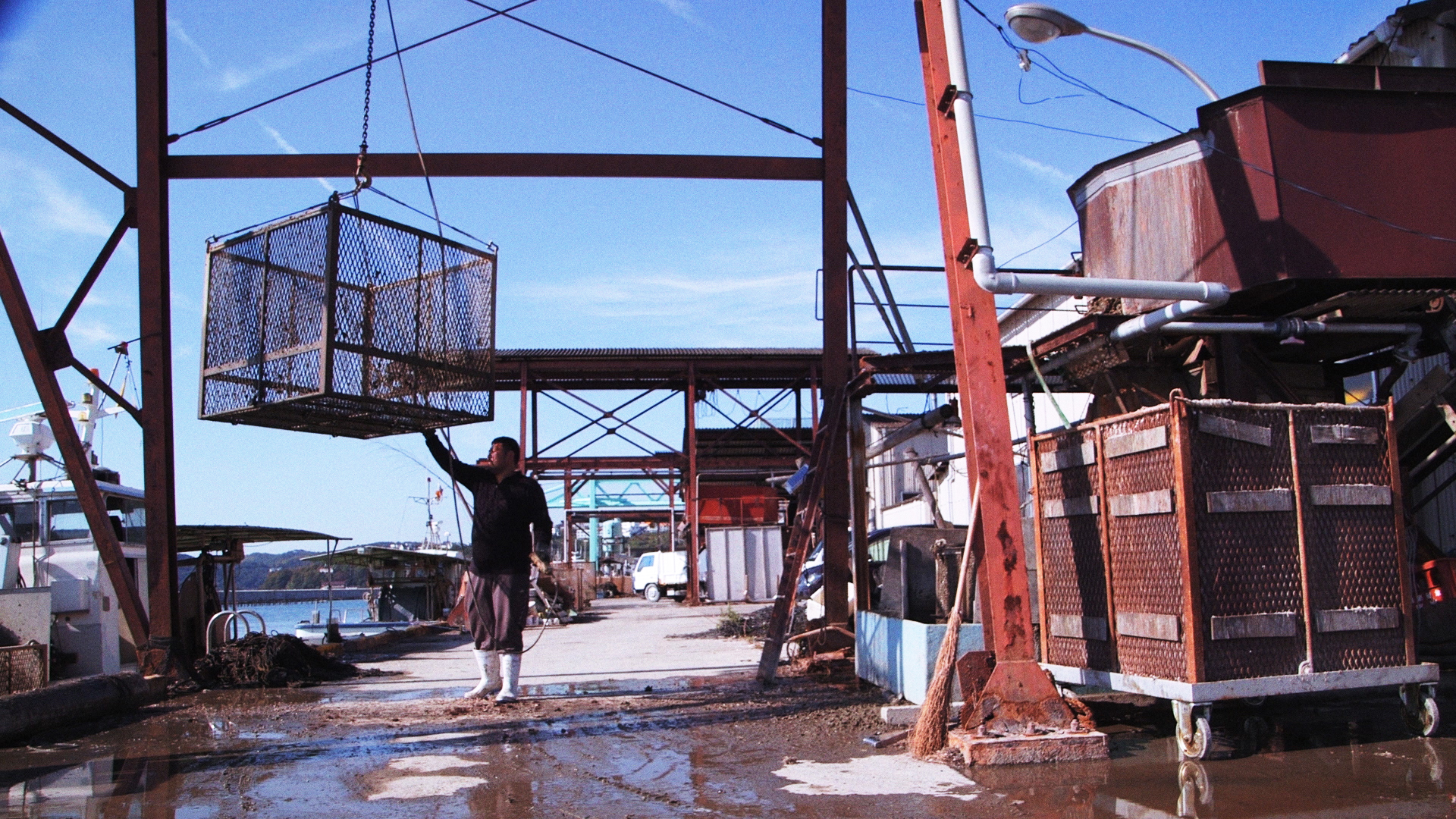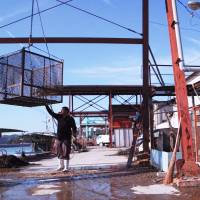There's a genre in Japanese fiction called oshigoto (work). It has been around for a while, but after the disasters of March 11, 2011, it really took off — perhaps we realized that the only thing going for us was a willingness to work our backsides off.
In film and on TV, there were less stories about relationships and more stories about work. Interestingly, these all laid bare the fact that working hard doesn't necessarily mean a huge paycheck. Often, it means quite the contrary.
"Hanzawa Naoki," based on a series of novels by oshigoto writer extraordinaire Jun Ikeido, aired in 2013 and is one of the most popular TV dramas in Japanese history. It features the escapades of a stoic banker (Masato Sakai) who worked 14-hour days and lived with his family — whom he hardly ever saw — in a tiny company-sponsored apartment. In 2015, Ikeido's enormously successful "Shitamachi Roketto" ("Downtown Rocket") was also dramatized and earned the highest average audience rating among all the dramas aired in 2015 (28.7 percent according to Yahoo Japan).
The new documentary "Kaki Koba" ("Oyster Factory"), directed by Kazuhiro Soda, highlights the biggest problem facing the Japanese labor force — namely, that it's on the back foot thanks to an aging populace, low wages and manufacturing moving overseas. On the other hand, filmmakers like Shinobu Yaguchi are always around to convince us that hard work is its own gleeful reward. (See "Happy Flight" "Wood Job!" and "ROBO-G.")
Bottom line is, though, when it comes to work, we really should be able to have our cake and eat it too.




